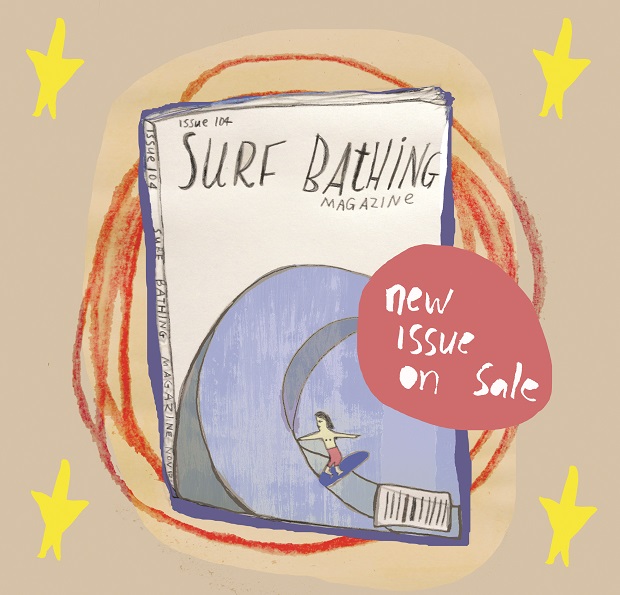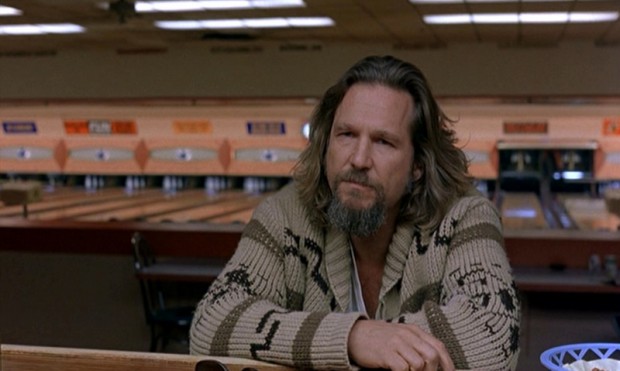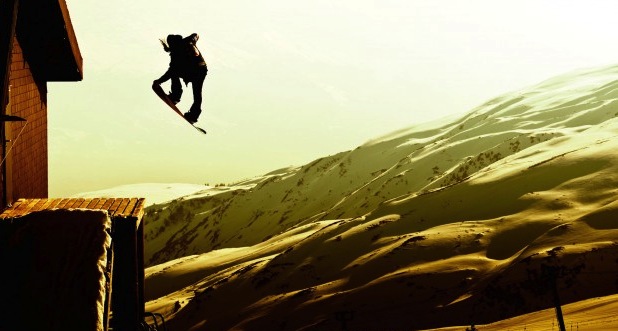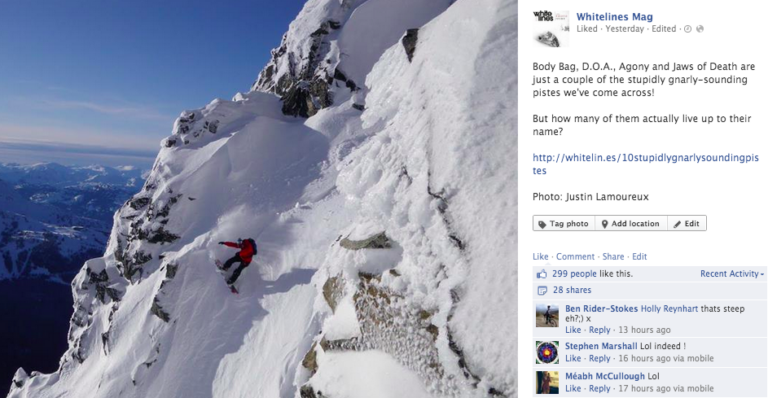
Words By Chris Moran taken from Whitelines Issue 104
According to the Oxford Dictionary, we board riders have undoubtedly done our bit in making English a diverse and beautiful language. The word ‘surf’, for example, has been around since at least 1599, but it wasn’t until recently that it changed from a noun to a verb when ‘Surf’ (meaning waves) became ‘Surf Bathing’ (1850), then simply ‘Surfing’ (1917).
The word conjures up a universal image of going with the flow, and today an estimated third of the world regularly ‘Surf the Internet’ (first known usage – 1992), while most of us enjoy nothing better than to grab a beer and switch on the TV for a spot of ‘Channel Surfing’ (1993).
The word ‘dude’ is a perfect filler should you find yourself singing Happy Birthday at the top of your lungs and forget whose party it is.
But action sports terminology doesn’t just come in handy for virtual travel. Oh no, we deal with real transport too. Nowadays the world is ‘Stoked’ (1963) to ‘Ride the Tube’ (1982) and ‘Drop In’ (1930) to conversations. And while fourteenth century English speakers could describe how cold they were in many weird and wonderful ways, the world had to wait until 1979 before we could ‘Chill Out’, and even longer before we could pop round to a friend’s house to simply ‘Chill’ (1985).
And then there’s the word ‘dude’. New Yorkers of 1883 knew the word to mean ‘a fastidious man’, but by 1921 the word had changed to mean all city dwellers (giving us the fantastic ‘dude ranch’ for an American country retreat). When surfers took the word on in 1970 (omitting the fantastic ‘dudess’ in favour of the sexless form) the English-speaking world was given a brilliant term of endearment and exclamation of agreement (with a hint of surprise), all rolled into one. It’s also – as a friend pointed out recently – a perfect filler should you find yourself singing Happy Birthday at the top of your lungs and forget whose party it is.

Board riding slang isn’t solely confined to the English either. The French lovingly seduced ‘glisse’, turning it into a collective noun for virtually all board sports. Thus for many years there was a trade show, ‘Glisse-Expo’, featuring skateboarding, surfing, snowboarding and skiing, and whenever a new snow, surf or windsurf film would tour the independent French cinemas, it would be advertised under the banner ‘La Nuit de la Glisse’ – The Night of the Glide. Brilliant.
Not that the average language student would be aware of this useful addition to the French vocabulary. According to the Collins Robert French Dictionary, the verb glisser still only means ‘to slide or to glide’, omitting any mention of its appropriation by the board riding community. For an example of when and where to use the word, the editor Alain Duval suggests: “d’un geste maladroit il fait glisser le paquet dans le ravin”, which translates as: “with a clumsy gesture he sent the parcel sliding down into the gully”.
Personally, I think this says a little about Alain’s disregard of useful slang, and perhaps too much about his relationship with the French postal service.
In that regard, maybe he should take a ‘Chill Pill’ (1986) and ‘Stay Cool’ (1948).





